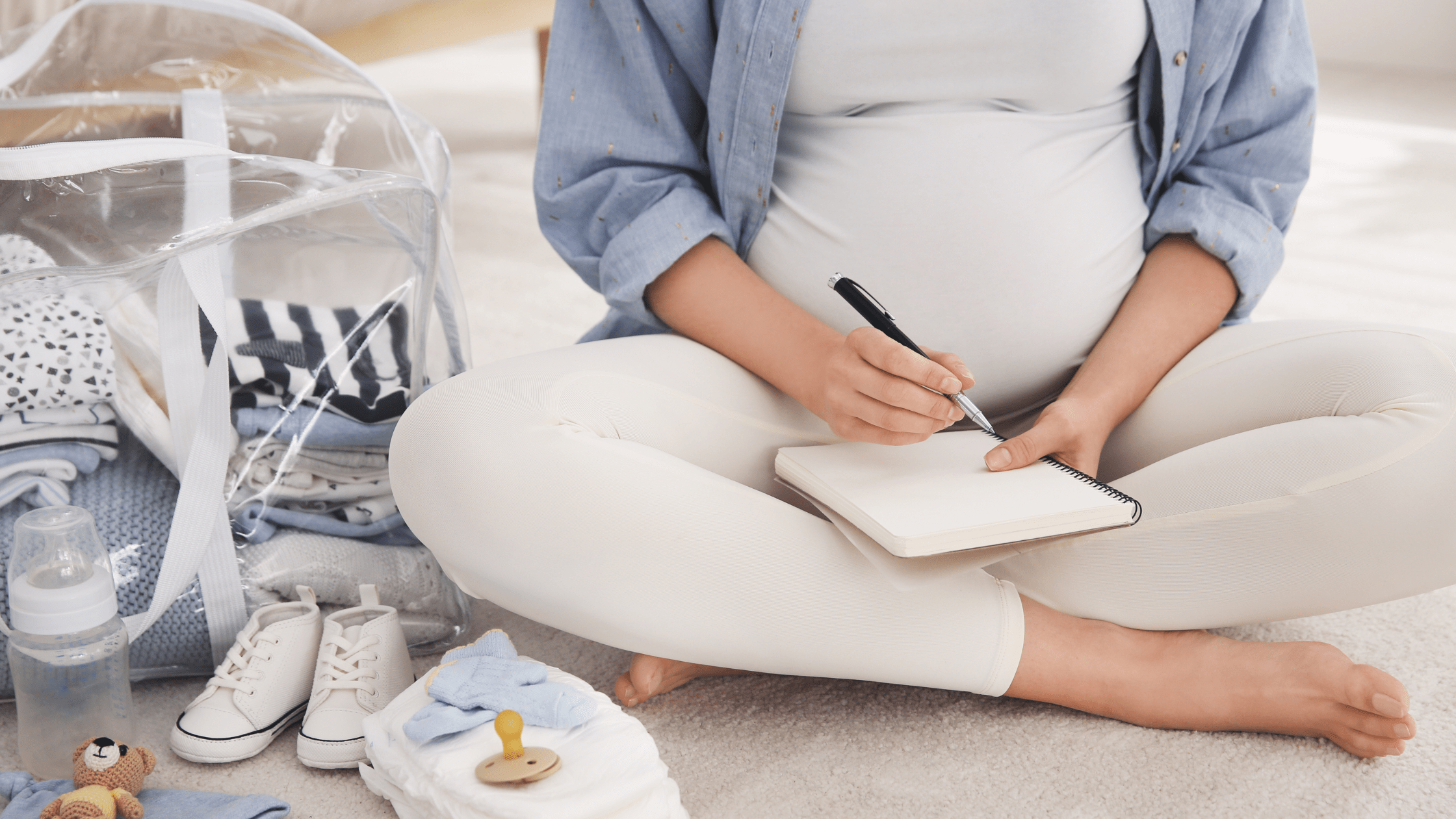Can you help your egg collection numbers?

Younger women have a much greater chance of conceiving naturally, than women over 30. Women over 36 may find it even more difficult to conceive. This is why some older women going through IVF treatment, choose to use eggs that they have previously had frozen, when they were younger, or they use donor eggs.
Although the number of eggs you have inside you can never be increased, the quality of your remaining eggs can be improved, therefore increasing your chances of conceiving.
Follicle stimulating hormones (FSH) medications may be used in IVF treatment, to stimulate the release of more eggs before egg collection. This medication and the effects, will be monitored by your fertility consultant.
How many eggs need to be collected for a high success rate?
A high number of eggs collected is not a guarantee of a successful conception, pregnancy and birth. While the figures below suggest an optimum number, everyone is different and couples do go on to conceive and have a healthy child when less eggs are collected.
Ova reports that, “Currently, according to the studies, the best chances seem probably in those under the age of 38 and who are able to retrieve 10 to 15 eggs from an egg collection. It’s important to remember, however, that the evidence is only slowly accumulating, and it’s not always consistent.”
Can what I eat help me to preserve the quality of my eggs?
The following are believed to be beneficial for healthy eggs:
1. Antioxidants like folate and zinc can reduce the risk of damage to egg cells
2. Having a larger breakfast and a smaller evening meal, may help with ovulation, for people with PCOS
3. Avoiding trans fats, commonly found in hydrogenated vegetable oils and often found in margarine, fried foods, processed products and baked goods
4. Eating too many refined carbohydrates, like sugary foods and drinks and white pasta, bread and rice, can contribute to a lack of egg maturation and ovulation
5. Replacing some animal proteins with vegetable protein sources
6. Replacing one serving of low-fat with one serving of high-fat dairy per day
7. Taking a multivitamin
8. Taking iron supplements – always check with your doctor first
9. Avoiding alcohol
10. Reducing caffeine
How can other lifestyle changes help with egg quality?
It is advisable to have a healthy lifestyle for all-round well-being, not just to improve your chances of conception.
· Exercising moderately can help with fertility, but excessive exercise can have a negative impact
· Managing your stress levels can increase your chances of conceiving and there are a range of complementary therapies that may help with that, for example, acupuncture, certain yoga poses and massage. Do check with your doctor or consultant, as some treatments may have a negative effect
· Having a healthy BMI is also associated with higher chances of conceiving.
· Drinking plenty of water, to help increase the circulation to your reproductive organs
· Staying away from cigarettes and smoking
· Making sure that you are getting plenty of sleep.
Here at theIVF Network, we provide a wide range of information to help people to make informed choices on their personal fertility journey. We do this through our dedicated channel of experts, our website and our blog posts.
Before making dramatic changes to your diet and lifestyle (including taking supplements or changing your exercise habits) it is advisable to contact yourGP or consultant.
References
Ova November 2019
https://www.londonwomensclinic.com/ova/articles/more-or-less-egg-collection-and-the-best-numbers-for-the-best-chance-of-success/
Brown, M.August 2020 Health line 16 Natural Ways to Boost Fertility PhD RD https://www.healthline.com/nutrition/16-fertility-tips-to-get-pregnant